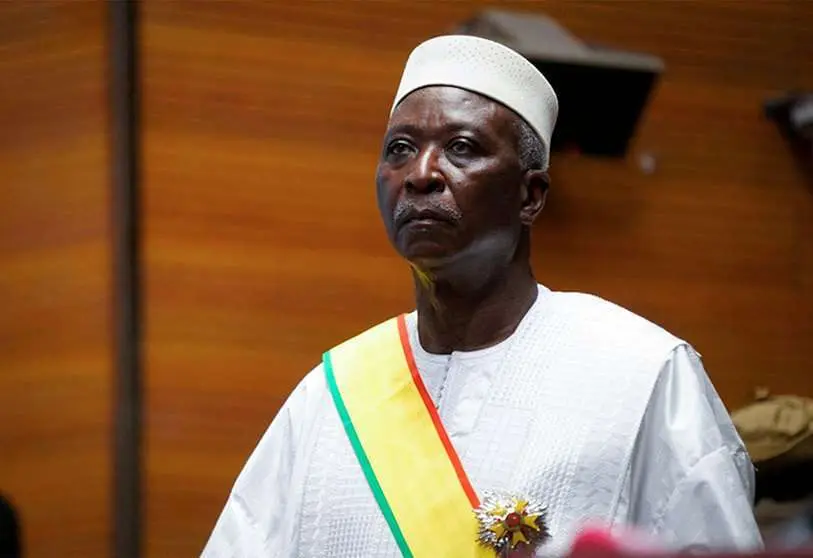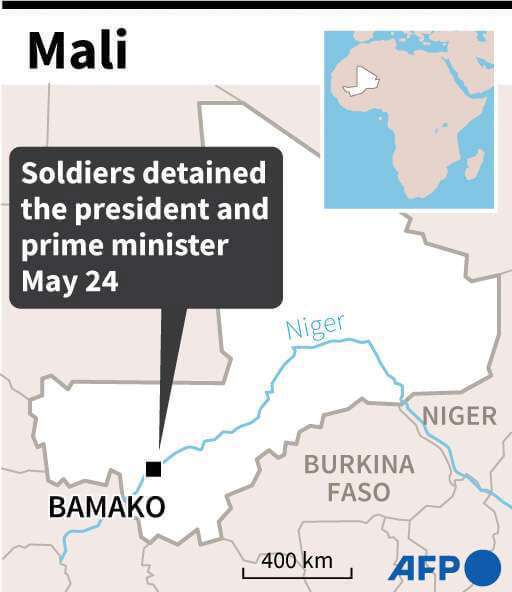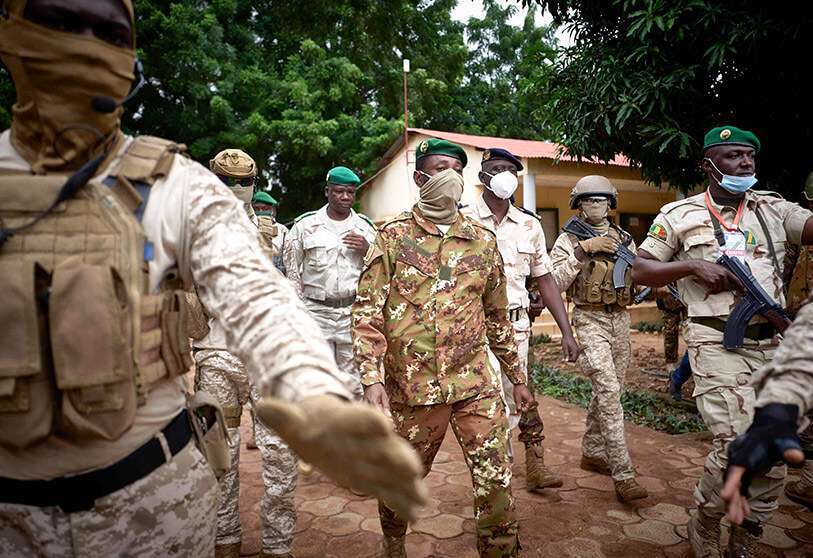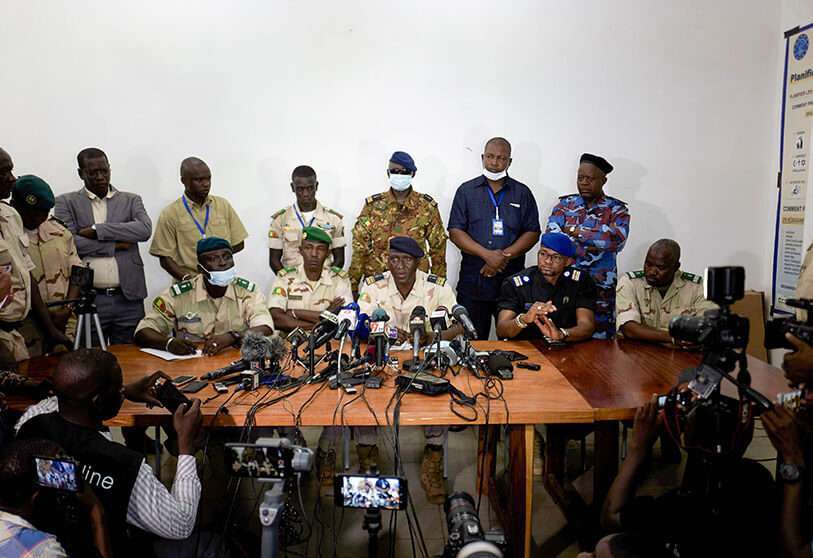Military destabilises Mali by arresting president and prime minister

Mali's military, unhappy with the new government announced by the transitional authorities, arrested the transitional president, Bah Ndaw, and the prime minister, Moctar Ouané, on Monday in a coup that has shaken the country, which has been mired in a deep crisis for years. The capital, which along with Mali saw its fourth coup since independence in August 2020, nevertheless presented an air of relative normality on Monday night. "I can confirm that Goïta's men came for me and took me to the president's house, which is not far from my residence," Ouane said in a brief telephone conversation with AFP, referring to Mali's strongman, Colonel Assimi Goïta, the current vice president of the transition. Afterwards, the two heads of the transitional executive were escorted to the Kati military base, some 15 kilometres from the capital, where a senior military official corroborated their presence.

These events came just hours after the announcement of a new government, still dominated by the military, but from which officers close to the junta that took power after the August 2020 coup, of which Assimi Goïta was the leader, have been removed. Within weeks, the colonels had installed transitional authorities, including a president, Bah Ndaw - a retired military officer - and a government led by Moctar Ouane, a civilian. Reluctantly, and under pressure from the international community, they agreed to hand over power to elected civilians after 18 months, rather than the three years they considered necessary. The big question was what place would be given to the military, especially those close to the former junta.

The case of Mali exemplifies the risks and challenges posed by the integration of armed groups in the Sahel. The formation of new groups in Mali has worsened the social and security crisis, prompting the creation of ethnic-communal self-defence militias that have become radicalised and directly attack civilians. From 2016 to 2020, the situation worsened until, in 2020, instability and insecurity together with the economic devastation caused by the coronavirus pandemic provoked a political crisis that culminated in the coup d'état against former Malian president Ibrahim Boubacar Keita on 18 August, who was charged with leading the transitional period set at 18 months.
Following the 18 August coup, the transitional President Ndaw was appointed at the end of September last year. He replaced the military junta called the National Committee for the Salvation of the People, which was subsequently dissolved but whose members were appointed as the transitional government and which was charged with leading the transitional period. In the face of growing political and social protest, the prime minister resigned ten days ago and was immediately reinstated by transitional president Ndaw, tasked with forming an inclusive team. On 14 May, Ndaw dissolved the first transitional government and charged his prime minister Ouané with forming a new, more inclusive government to integrate representatives of different political parties and civil society.

In the government announced by the transitional presidency, the military continues to hold the ministries of Defence, Security, Territorial Administration and National Reconciliation. But among the changes announced in a communiqué read out on public radio and television, two members of the former junta, Colonels Sadio Camara and Modibo Kone, are leaving their respective defence and security portfolios. They have been replaced by Generals Souleymane Doucoure and Mamadou Lamine Ballo, respectively. The new government also welcomes - in Education and Land Affairs - two ministers who are members of the Union for the Republic and Democracy (URD), the main political force of the 5-Jun Movement (M5), the collective that led the protest that led to the overthrow of President Keïta.

In mid-April, the transitional authorities announced that they would hold a referendum on the long-promised constitutional review on 31 October and set a date of February-March 2022 for presidential and legislative elections, after which they would hand over power to civilian leaders. But doubts remain about their ability to deliver, especially in the face of continuing jihadist and other violence, renewed political protests and growing signs of social discontent. Mali, a country of 19 million people, and its neighbours Niger and Burkina Faso are caught in a maelstrom of jihadist, inter-communal and other violence that has left thousands dead and hundreds of thousands displaced.
The UN mission in Mali, the Community of West African States (ECOWAS), the African Union, France, the United States, the United Kingdom, Germany and the European Union affirmed in a joint communiqué "their strong support for the transitional authorities" and called for the transitional process to get back on track to meet the agreed 18-month deadline. They rejected in advance any fait accompli, including a possible forced resignation of the detained leaders.








